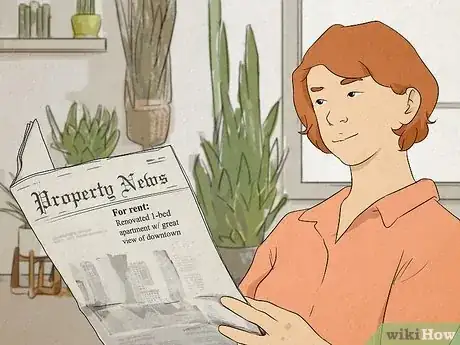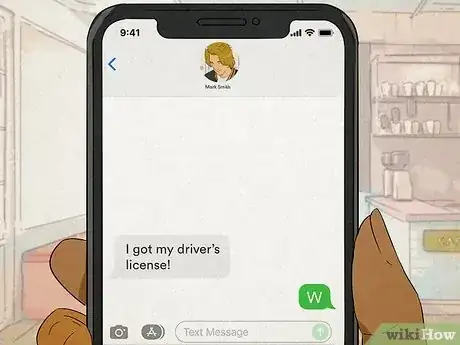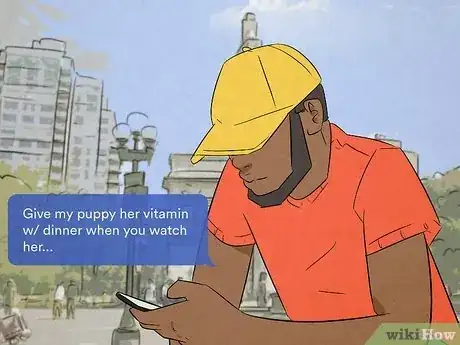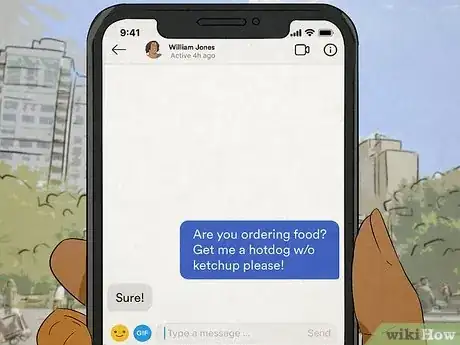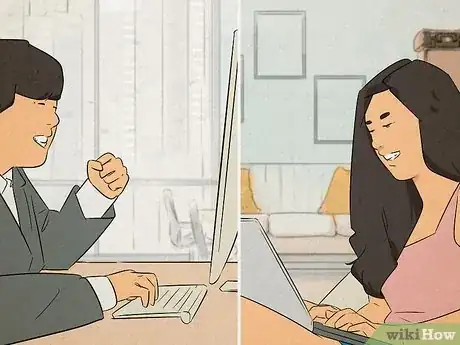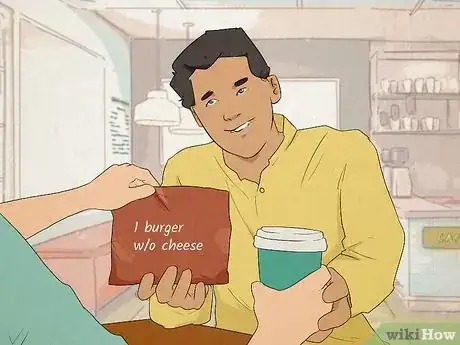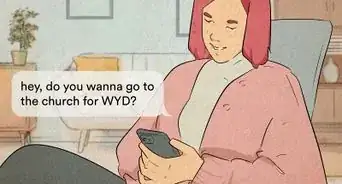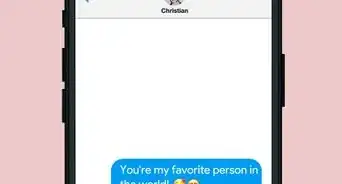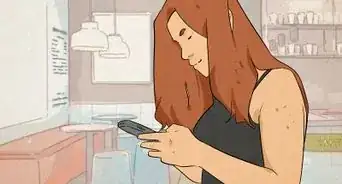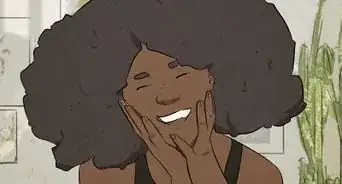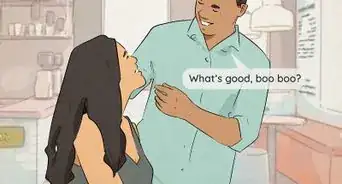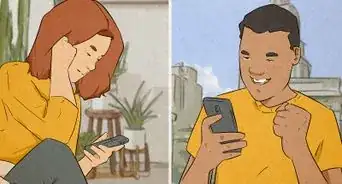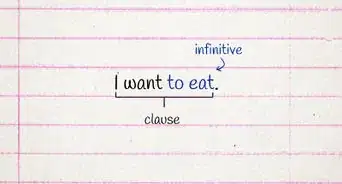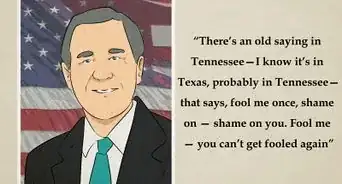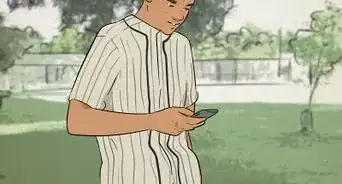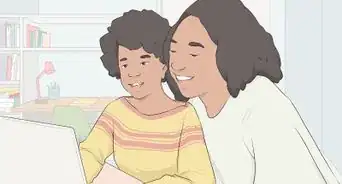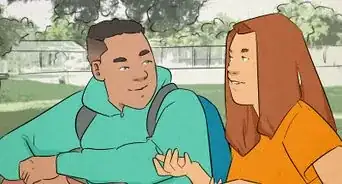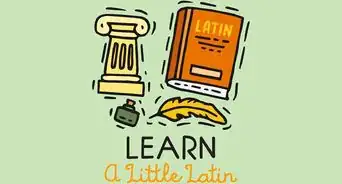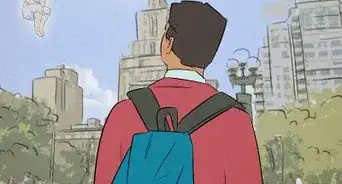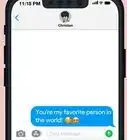This article was co-authored by wikiHow staff writer, Dan Hickey. Dan Hickey is a Writer and Humorist based in Chicago, Illinois. He has published pieces on a variety of online satire sites and has been a member of the wikiHow team since 2022. A former teaching artist at a community music school, Dan enjoys helping people learn new skills they never thought they could master. He graduated with a BM in Clarinet Performance from DePauw University in 2015 and an MM from DePaul University in 2017.
This article has been viewed 19,821 times.
Learn more...
Hold on, isn’t a slash supposed to go between two letters or words? What makes “W/” different? A slash with nothing after it might look bizarre, but when it comes after “W,” you actually get an abbreviation for one of the most common words ever. In this article, we’ll show you what “W/” means (with the slash or without), plus the fascinating history of where that abbreviation came from. Let’s get on w/ it!
Things You Should Know
- “W/” is an abbreviation for “with.” It appears over text, on social media, in handwritten notes, or even in casual communications at work like Slack messages.
- A “W” without a slash can mean either “with” or “win.” If it means “win,” you’ll probably see it by itself or in the context of a celebratory message.
- Use “W/” in texts, notes, tweets, recipes—you name it! Steer clear of it in formal or important professional writing, though, and just write out “with.”
Steps
References
- ↑ https://letslearnslang.com/what-does-w-mean-in-texting/
- ↑ https://prowritingaid.com/with-without-abbreviation
- ↑ https://parade.com/1293898/marynliles/gen-z-slang-words/
- ↑ https://www.merriam-webster.com/dictionary/w%2Fo
- ↑ https://letslearnslang.com/what-does-w-mean-in-texting/
- ↑ https://youtu.be/HrsjABVTa4c?t=5
